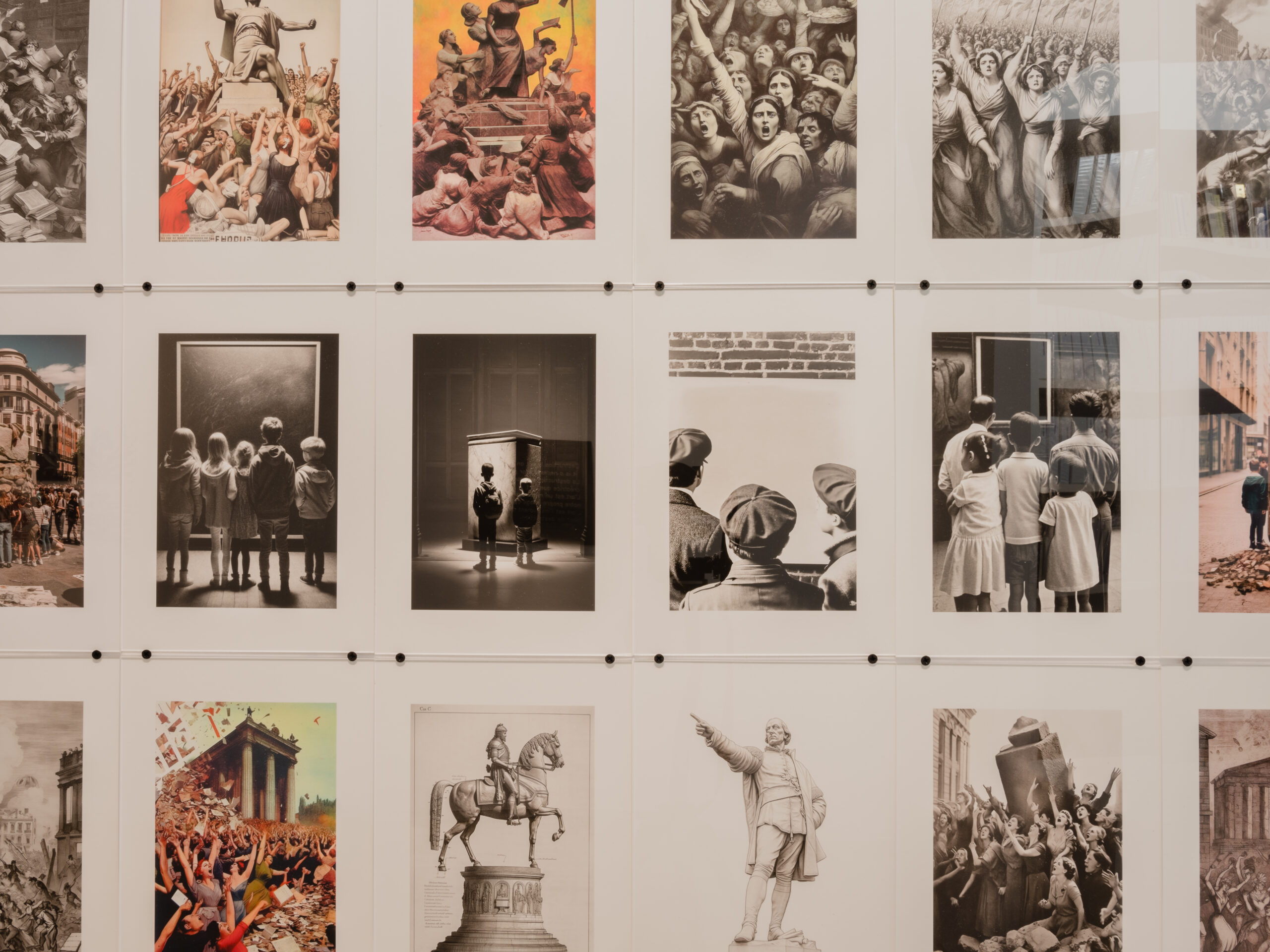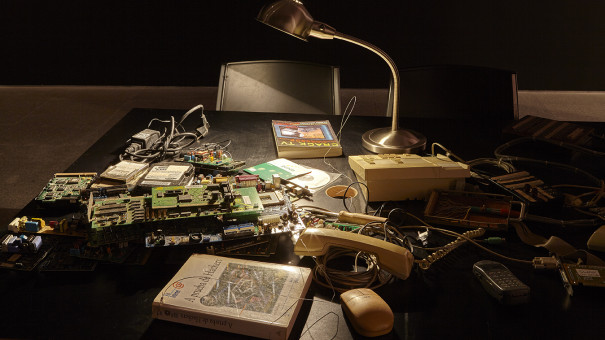Tag: Interview
-
De la Ciutat Fallera a la cumbre del arte contemporáneo con Daniel G. Andújar
El alicantino es uno de los participantes de la próxima edición de Documenta, que se celebrará en 2017 entre Kassel y Atenas – Su proyecto contará con artistas falleros y reflexionará sobre el espacio público, a cuenta de la fiesta valenciana Álex Zahinos | Valencia 13.11.2016 | Levante EMV En abril arrancará Documenta 14, cien…
-
Daniel G. Andújar: Goya fue un activista absoluto
Concha Tejedor.19/09/2016 11:22 Madrid, 19 sep (EFE).- El artista y activista Daniel G. Andújar, seleccionado para la próxima Documenta de Kassel, defiende que el arte puede crear espacios de resistencia frente a un mundo cada más estandarizado. “Goya fue un activista absoluto”, ha manifestado a Efe ante la exposición de su última obra en una…
-
El cuerpo como campo de batalla
“Al principio Internet era un espacio sin leyes. Hoy es un ámbito absolutamente controlado”
-
The Delicate Mix between Technology, Politics and Aesthetics
Interview with Daniel G. Andújar Geert Lovink April 26, 2016 interview 5.029 words In April 2015 I had the honour to receive a private tour by the Spanish artist Daniel G. Andújar of his solo show, Operating System, at the Museo Nacional Centro de Arte Reina Sofía Museum in Madrid.1 I know Daniel from the…
-
“Vivimos en un caos de información”
«Estamos en una especie de rizoma en el que todos nos vigilamos a todos» 14.03.2015 | 04:15 “Vivimos en un caos de información” Mezcla en el Reina Sofía la realidad y la ficción en «Sistema Operativo» «Para mí un ‘hacker’ es un sabio de la tecnología que se infiltra en el sistema engañándolo», afirma el…
-

Cápsula de la Radio del Museo Reina Sofía, realizada por @espejo_s
Daniel G. Andújar Sistema Operativo Fecha de publicación: 03/02/2015 Realización: José Luis Espejo Canal: Inaudible Etiquetas: Ideología Espacio Público Crítica institucional Propaganda Medios de masas Dominio Público Arte en Institución Licencia: Creative Commons Dominio Público 1.0 En esta cápsula Daniel G. Andújar, entrevistado con ocasión de su exposiciónSistema Operativo, habla del proyecto TTTP Technology to…
-
EL EXPLOIT: DANIEL G. ANDÚJAR
a-desk JUANJO SANTOS La primera exposición individual del año del Museo Nacional Centro de Arte Reina Sofía es “Sistema operativo”, de Daniel García Andújar. Una gran selección de obras anteriores que se muestran junto a nuevas creaciones, que siguen indagando en el vínculo entre las nuevas tecnologías y la sociedad y la intervención de lo…


